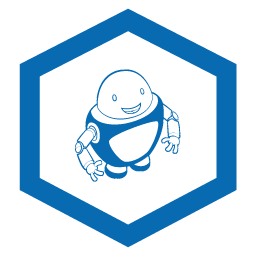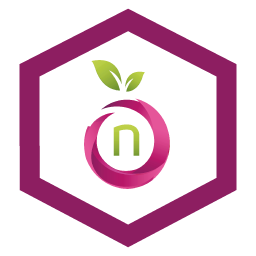What product names and family names have in common
Miller, Farmer, Smith: it’s unthinkable for a person to do without a surname nowadays. That wasn’t always the case, however: in the past, a simple first name was sufficient. Why did family names come into being at all? And why does it make sense to give products a name of their own?
Naming means characterizing
Surnames first came about when towns and villages began to grow. From this point on, additional details were needed to tell different people apart. People began to be given additional nicknames or descriptions to avoid confusion around their identity. These were mostly describing attributes – things like the Fat, the Baker, or Peter’s Son.
Thus each family name has an original meaning. With many names today, however, the meaning is no longer apparent at first glance, because the language has changed. In Iceland, it is still common that children get the addition son or daughter as family name. So it is possible to distinguish the inhabitants even if they have the same first name. This was already a popular method in the past.
Another alternative way of telling people apart from one another was to name them after towns or to characterize them based on their appearance, such as Large or Small. Professions were another popular way to distinguish people. Names like Smith, Baker, Miller, and Farmer (or their equivalents in other languages) remain common today and remind us of the family’s roots. Indeed, there is now an entire branch of research into the origins of family names and what names originally meant. Until the end of the 17th century, it was unusual for all members of the same family to have the same surname: only from the 18th century onwards was this established.
Product names with recognition value
Today it is common practice to also give things a characterizing name. Some people name their car Claude or their fridge Fred. By naming things, people create an emotional connection with them. This method is also used in marketing, which is known as brand naming. This is because companies, products, and services need names that customers can remember easily and that arouse positive associations.
Customers associate certain brands with certain characteristics. A name, be it for a company or a product, stands for distinctive features and values with which the customer identifies. By means of a name, the customer can recognize products or brands, which creates orientation and security. If the choice of products is large, each individual product also needs its own name so that the customer can distinguish the products. It is therefore advisable to think about a possible naming system for later product series right from the start.
In the same way that people were named in the past, characteristics are used to describe products when finding a business name. The name then immediately tells the customer what to expect. In this way, the customer can better remember the products. For the company, this means a higher recognition value and, as a rule, higher sales rates and thus better business. To find such a name for a project, you can try the tools Word Combinator or Word Supplementer. Or find a new personal fantasy name for the product: Male Fantasy Names.
Fortunately, companies can give their products any name they want - unlike family names, which are usually lifelong companions.















